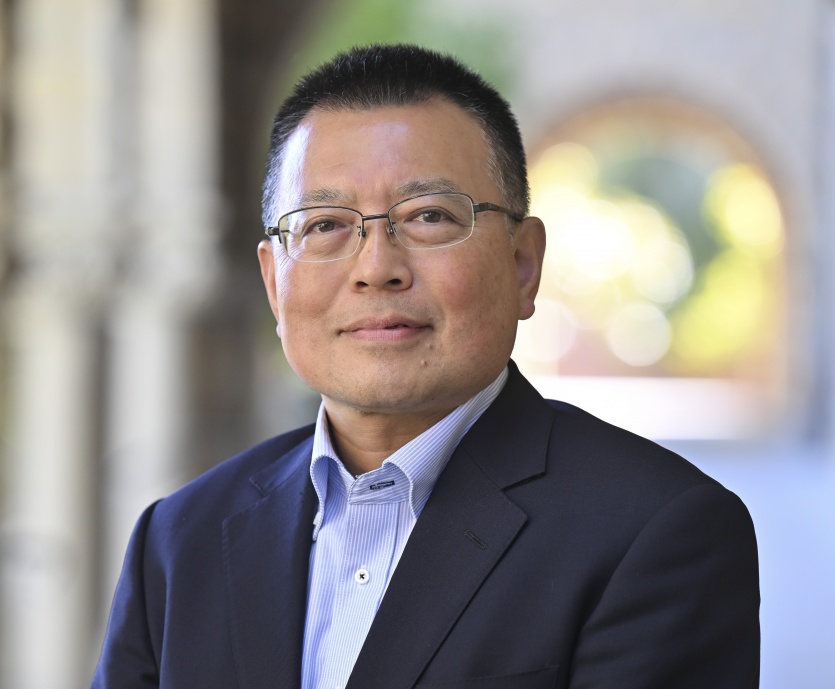China-U.S. Relations under the Second Trump Administration | 2024 | Events

Summary/Abstract:
The recent election of Donald Trump for a second term has raised widespread and deep concerns about its likely impact on the U.S. as well as the world in the next four years. Considering the mutual distrust and strategic rivalry between the U.S. and China that has accumulated in the past decade or so, it is especially important for both countries to take measures of reassurance to avoid further deterioration of bilateral relations. With the caveat that the relevant ongoing discussions hinge on prospective or tentative judgements, we still can use the patterns of action and reaction between China and the U.S. in history, especially during the first Trump term and the Biden administration, to explore Trump 2.0’s implications for China-U.S. relations. It is a formidable challenge to manage the strategic competition already unfolding in the arenas of geopolitics, economy, technology, ideology and global governance, but it is still possible to keep a relatively healthy and positive competition if both sides commit to self-restraint and multilateralism — which is in the interest of not only the U.S. and China, but also the world.
Bio:
Tiejun Yu is a professor at Peking University’s School of International Studies and president of the university’s Institute of International and Strategic Studies (IISS, PKU). He was a Fulbright visiting scholar at MIT’s Security Studies Program (2018–19), visiting scholar at Stanford University (2005, 2024) and Harvard University (2005–06), and studied at the University of Tokyo (1998–2000). Yu is executive editor-in-chief of China International Strategy Review and has written extensively on international security, East Asian international relations, and China’s foreign and defense policy. He was awarded Peking University’s Excellent Teaching Award and Distinguished Research Award in 2010 and 2017, respectively. Yu received his BA, MA, and PhD from Peking University.
